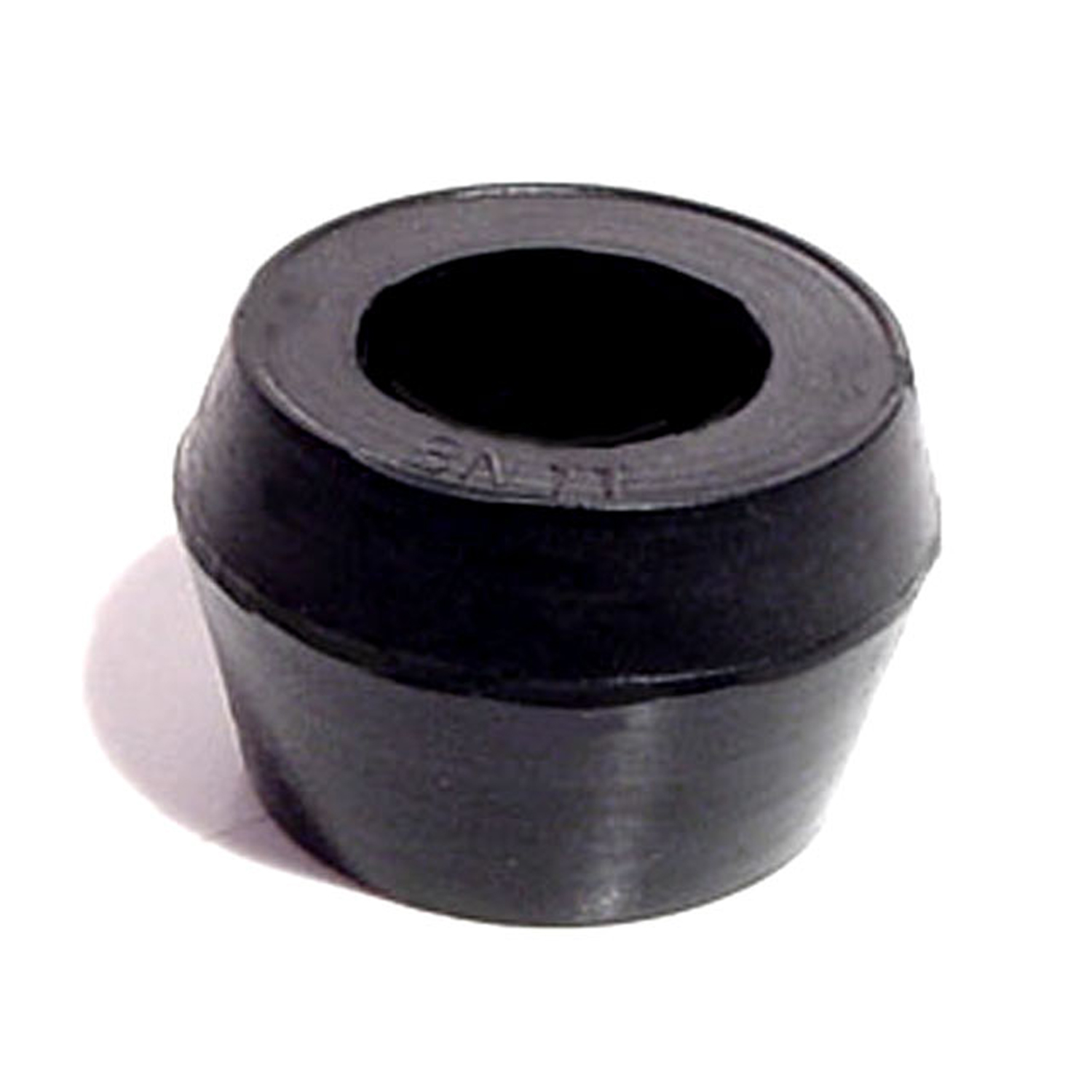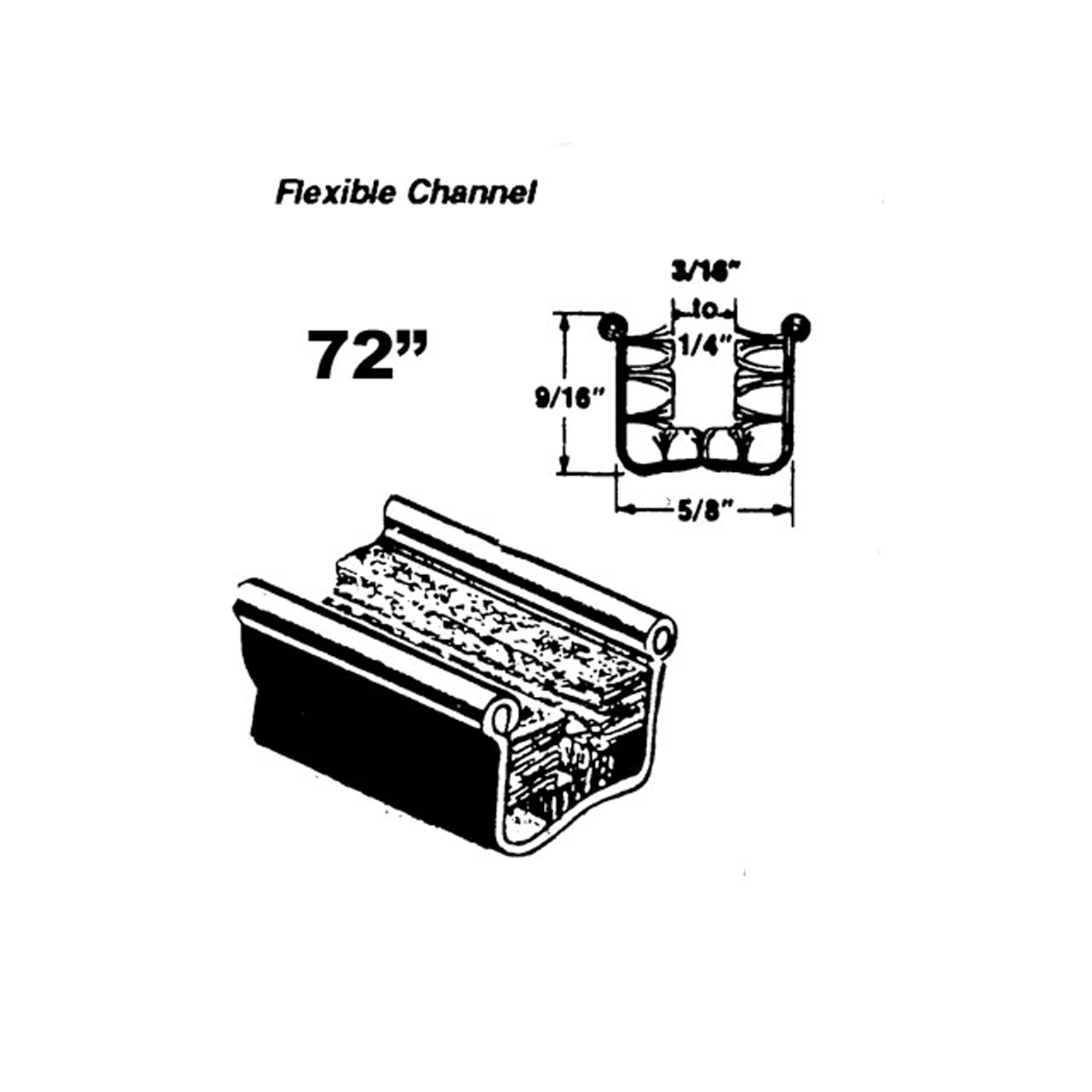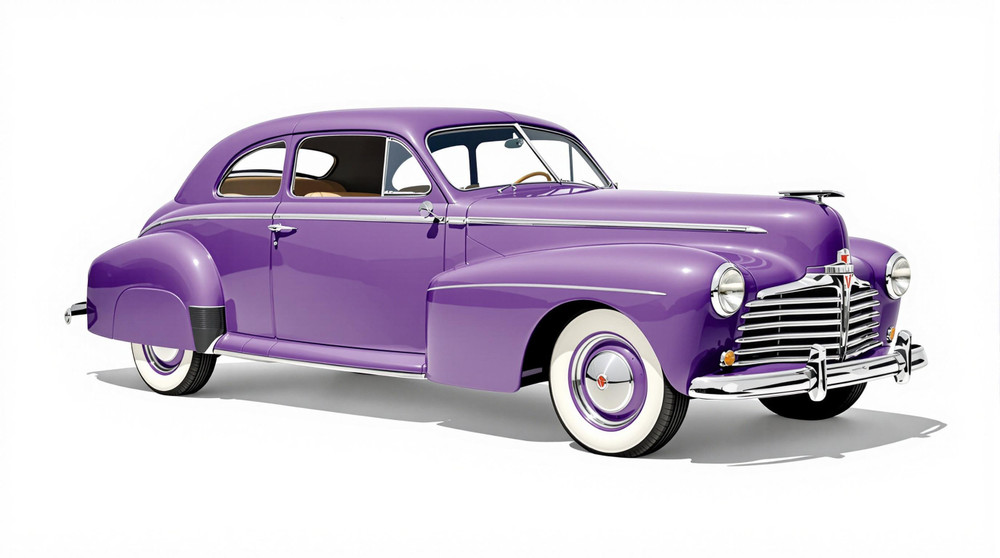Image of 1946 Frazer Manhattan, Note: These illustrations use artistic license and may differ from actual historical models.
Performance Metrics
Fundamental Metrics
Emotional Appeal
MMP Rating
| Engine Specifications | |
|---|---|
| Engine: | Inline 6 |
| Displacement: | 226 cubic inches |
| Horsepower: | Estimated 112 hp |
| Torque: | Not available |
| Compression Ratio: | 6.6:1 |
| Ignition System: | Distributor and coil |
| Cooling System: | Liquid-cooled |
| Performance Specifications | |
| 0-60 Time: | Not available |
| 1/4 Mile Time: | Not available |
| Top Speed: | Estimated 80 mph |
| Transmission and Drive | |
| Drive Type: | Rear-wheel drive |
| Transmission Type: | 3-speed manual |
| Fuel and Efficiency | |
| Fuel System Type: | Carburetor |
| MPG: | Not available |
| Dimensions and Brakes | |
| Brakes: | Drum brakes |
| Wheelbase: | 123.5 inches |
| Weight: | Estimated 3,200 lbs |
Note: Specifications for classic cars are given to the best of our ability, considering the limited and variant data available.
Unveiling the 1946 Frazer Manhattan: A Postwar Automotive Marvel
In the wake of World War II, a new contender emerged on the automotive scene, capturing the spirit of innovation and the hunger for modernity that defined the era. The 1946 Frazer Manhattan was not just a car; it was a statement of progress from a nation ready to move forward. Born out of the ambitious Kaiser-Frazer Corporation, this vehicle marked a significant milestone as one of the first postwar designs to hit the market, offering American buyers a fresh start with a brand new automobile.
The Frazer Manhattan was conceived by Joseph W. Frazer and industrialist Henry J. Kaiser, whose combined vision sought to challenge the Big Three automakers with something bold and luxurious. This car was more than just transportation; it was a symbol of American resilience and ingenuity during a time when the country was rebuilding and redefining itself.
A unique fact that sets the 1946 Frazer Manhattan apart is its distinction as one of the first all-new American car designs introduced after World War II, setting a precedent for postwar automotive design.
Design and Innovation: A Glimpse into Postwar Elegance
The exterior styling of the 1946 Frazer Manhattan exuded elegance and modernity. Its sleek lines and broad chrome grille presented an image of strength and sophistication, while its rounded fenders hinted at aerodynamic efficiency. The car's silhouette was both stately and streamlined, reflecting a nation's optimism.
Inside, passengers were treated to an interior that prioritized comfort and luxury. High-quality fabrics and materials lined the spacious cabin, while thoughtful touches such as wood-grain accents added to its upscale ambiance. For its time, the Manhattan boasted technological advancements like an optional overdrive transmission, enhancing fuel efficiency—a feature that was quite forward-thinking for its era.
Color options for the Manhattan ranged from conservative hues to more vibrant tones, with popular choices including deep blues and elegant blacks that underscored its luxurious appeal. The most iconic body style was undoubtedly the four-door sedan, which epitomized the vehicle's blend of functionality and class.
Historical Significance: Paving the Way for Modern Automobiles
The 1946 Frazer Manhattan played a pivotal role in shaping postwar automotive design. It set itself apart from contemporaries by introducing fresh styling cues and features that would become commonplace in later years. Its impact on automotive design is seen in how it broke away from prewar aesthetics, embracing a new direction that other manufacturers would soon follow.
Performance and Handling: A Smooth Operator on Postwar Roads
Performance-wise, the Frazer Manhattan delivered respectable figures for its time. While top speed and acceleration data are scarce due to its vintage status, owners reported adequate performance that suited the era's driving conditions. The car handled bumps with grace thanks to its independent front suspension—a feature that enhanced ride quality significantly.
Drivers of the Manhattan enjoyed an experience filled with sensory delights—from the hum of its robust inline-six engine to the solid feel of its construction as it cruised down boulevards or navigated country roads.
Ownership Experience: Beyond Just Getting from A to B
The 1946 Frazer Manhattan found its place as both a daily driver for some and a showpiece for others. Its reliability was commendable for its day, though modern owners should expect maintenance typical of vintage vehicles. Parts may be scarce but not impossible to find for those dedicated to preserving this piece of automotive history.
Fun Facts: The Manhattan's Unique Place in History
Among trivia enthusiasts, it's noteworthy that some Frazers were used as diplomatic vehicles—a testament to their perceived prestige. While not known for breaking speed records, they did set sales records for an all-new postwar marque at that time. Criticisms often revolved around their conservative mechanicals compared to their advanced styling.
Collector's Information: Rarity Meets Desirability
Today, estimating production numbers can be challenging; however, it is believed that tens of thousands were produced during its run from 1946-1951. As for value range, pristine examples can fetch anywhere from $15,000 to $40,000 or more depending on provenance and condition—reflecting appreciation over time due to their rarity and historical significance.
Conclusion: Celebrating an Icon of Resilience and Style
The 1946 Frazer Manhattan stands as a testament to America's postwar renaissance in automotive design and innovation. It remains an enduring symbol of a nation's capacity for renewal and progress through adversity—a true classic that continues to captivate collectors and enthusiasts alike.
1946 Frazer Manhattan Catalog of Parts
 1946 Frazer Manhattan Shock Absorber Grommet. 1" bottom O.D-BN 11Shock Absorber Grommet. 1" bottom O.D., 3/4" high, with 5/8" I.D. Each
1946 Frazer Manhattan Shock Absorber Grommet. 1" bottom O.D-BN 11Shock Absorber Grommet. 1" bottom O.D., 3/4" high, with 5/8" I.D. Each 1946 Frazer Manhattan Flexible glass-run channel-WC 11-72Flexible glass-run channel. Mohair lined, cloth covered with stainless steel bead. Used on side windows. 72 in. long. Each. NOTE: $20 special shipping charge applies for domestic orders. Call or email for overseas shipping costs. Part can be sectioned in two equal lengths to reduce overseas shipping costs.
1946 Frazer Manhattan Flexible glass-run channel-WC 11-72Flexible glass-run channel. Mohair lined, cloth covered with stainless steel bead. Used on side windows. 72 in. long. Each. NOTE: $20 special shipping charge applies for domestic orders. Call or email for overseas shipping costs. Part can be sectioned in two equal lengths to reduce overseas shipping costs.Why Choose Metro?
For over 100 years, Metro Moulded Parts has been the pinnacle of quality in classic car restoration parts. Our commitment to precision and authenticity in every component ensures a perfect fit and an OEM-level appearance.
- Expert Craftsmanship & Quality: Each part is a testament to our dedication to reliability and perfection, crafted from original designs and thoroughly tested.
- Advanced Technology: We use cutting-edge techniques to create flawless, long-lasting parts that surpass others in performance.
- SuperSoft Sponge – The Ultimate Door Seal: Not only are our door seals 30% softer than competitors', but they're also guaranteed to never leak. They effectively reduce wind and road noise, enhancing your classic car's comfort and driving experience.
- Proudly American: Our parts are a product of American craftsmanship, made in the USA with a spirit of excellence and heritage.
- Unrivaled Warranty: We back our products with a 30-year industry-leading warranty, a testament to our confidence in their quality.
Join us in preserving the legacy of classic cars with parts that are crafted for perfection, not just made.

